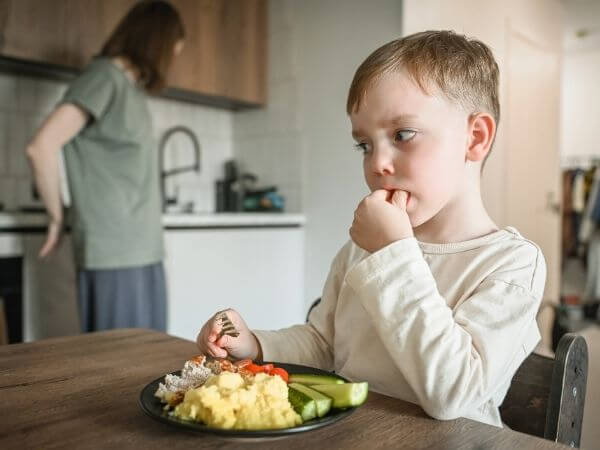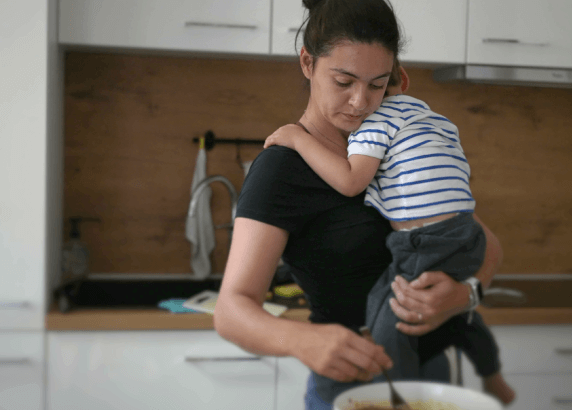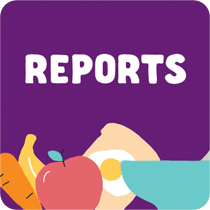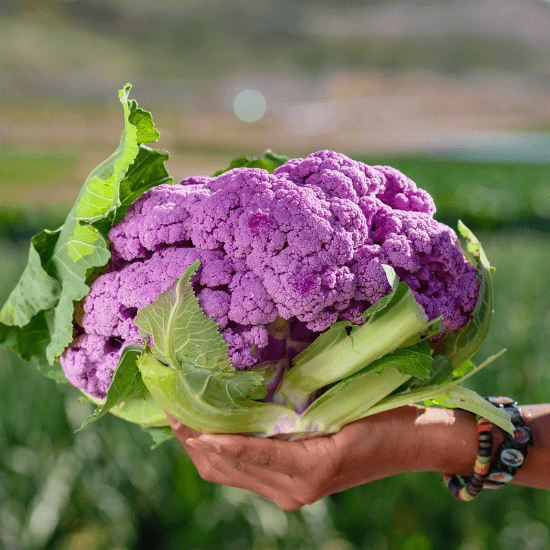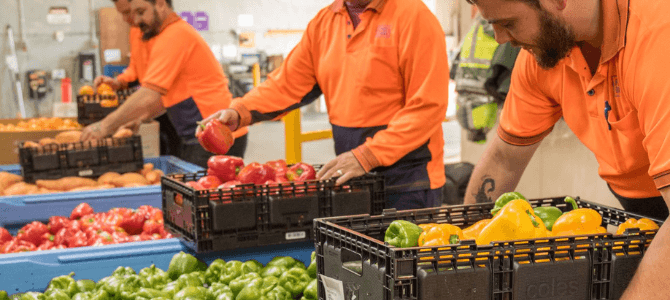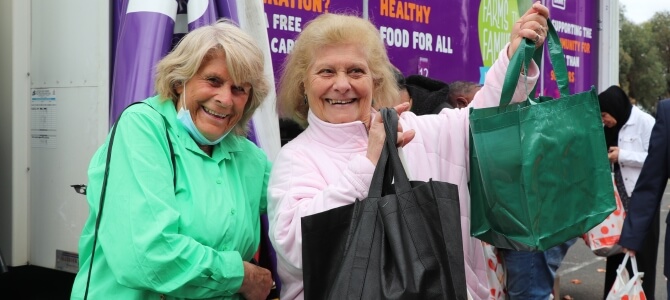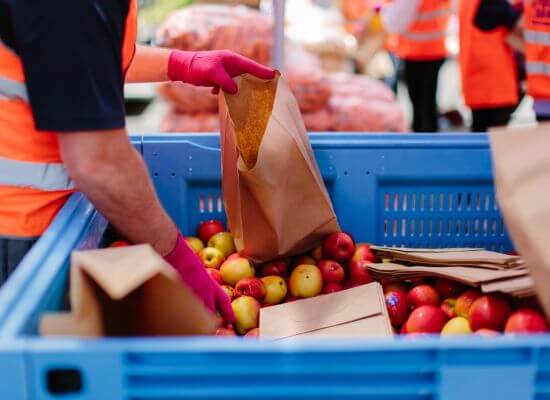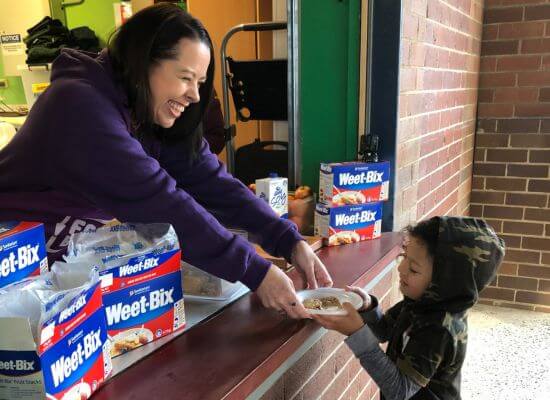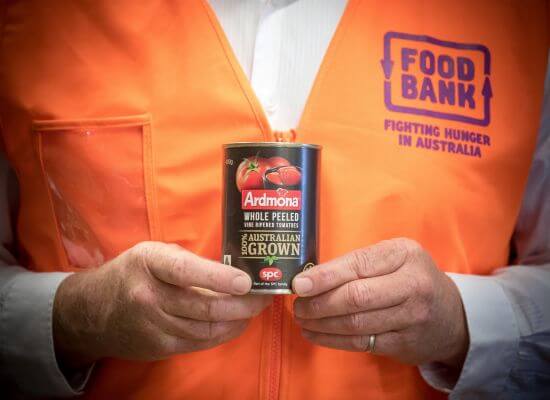MOBILE FOOD HUB
Foodbank SA is taking food to where it is needed the most. In 2019, Foodbank SA launched its first Mobile Food Hub – designed to get food to families living in the highest areas of demand.
Together with our welfare agency partners, the Mobile Food Hub works on a referral system to ensure those accessing the service are in genuine need of food relief and the food relief efforts are going to where it is needed the most in South Australia.
The Mobile Food Hub has also been designed to assist families during natural disasters and support drought effected regions in the future. Foodbank SA supporter, ElectraNet is helping to ‘power’ the Mobile food hub and keep it on the road for the next four years, after the State Government provided the initial start-up grant.
The Mobile Food Hub travels to areas identified as being areas of great need with limited service or access to food relief.
If you would like to learn more about the Foodbank Mobile Food Hub or would like to learn about volunteer opportunities, please call 8351 1136 or email reception@foodbanksa.org.au.
 Log in
Log in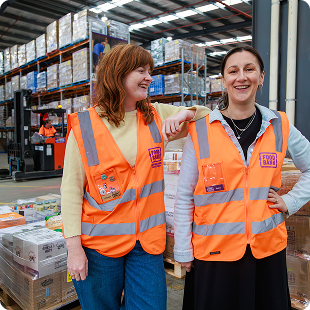
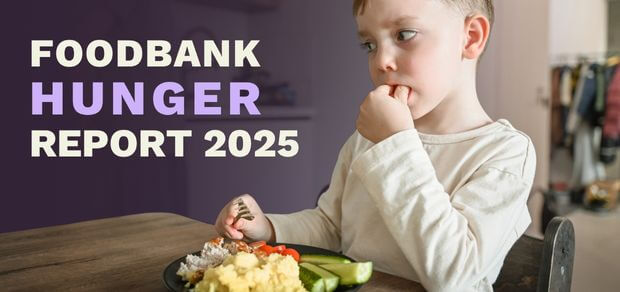
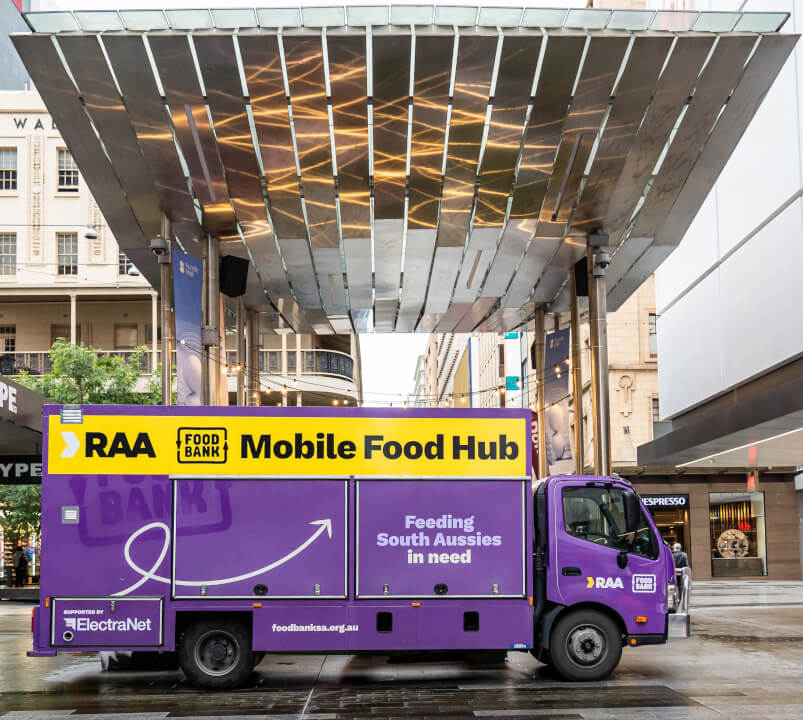
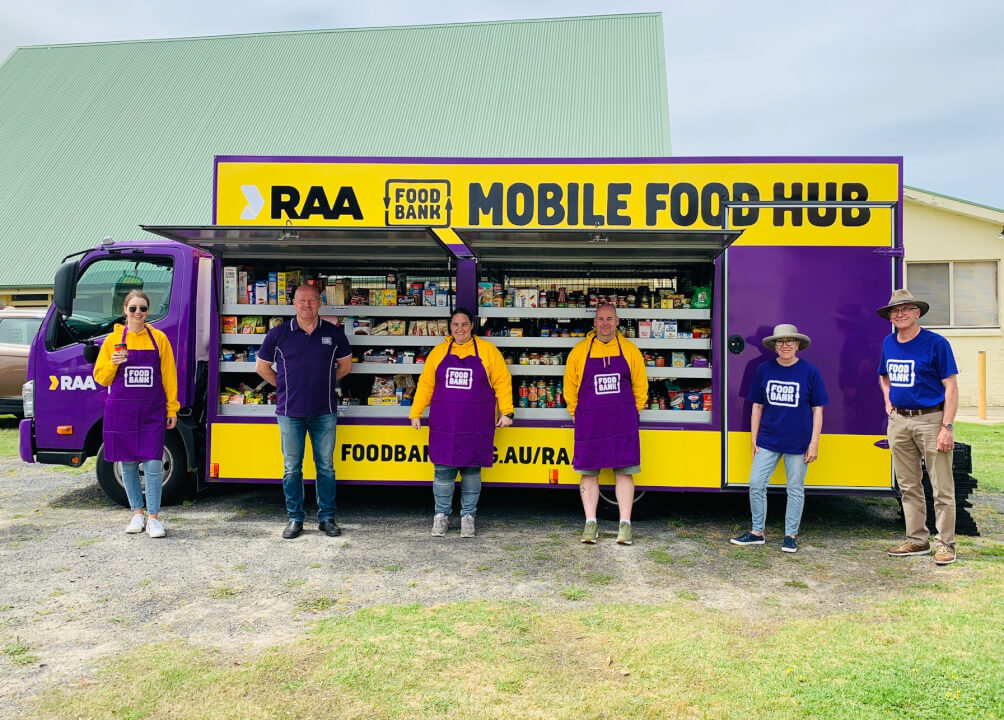



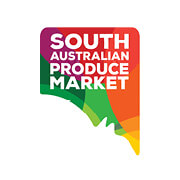
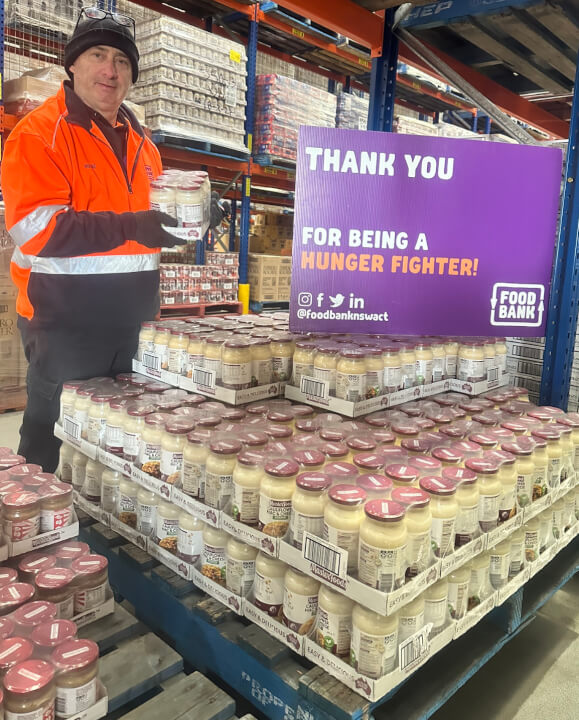

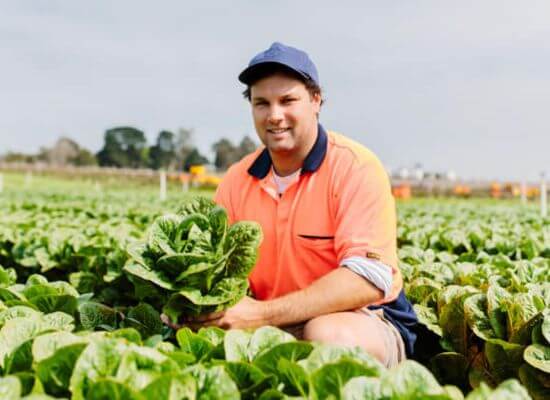
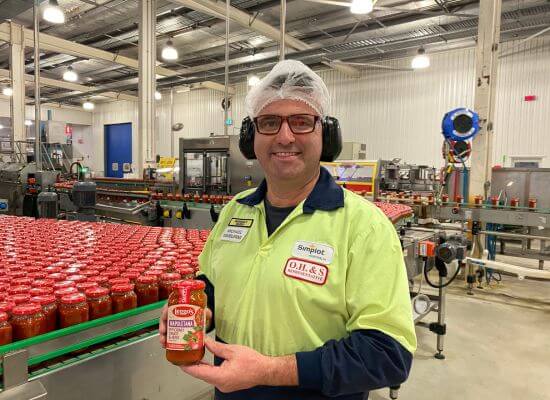
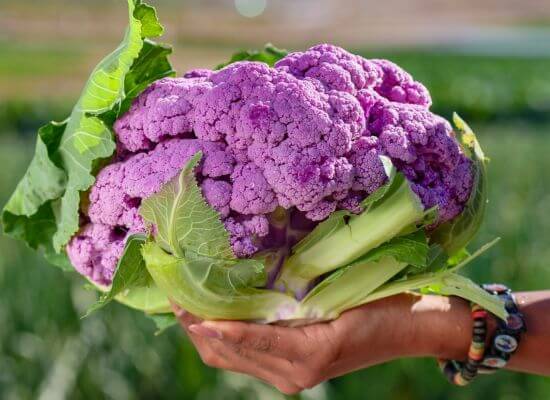


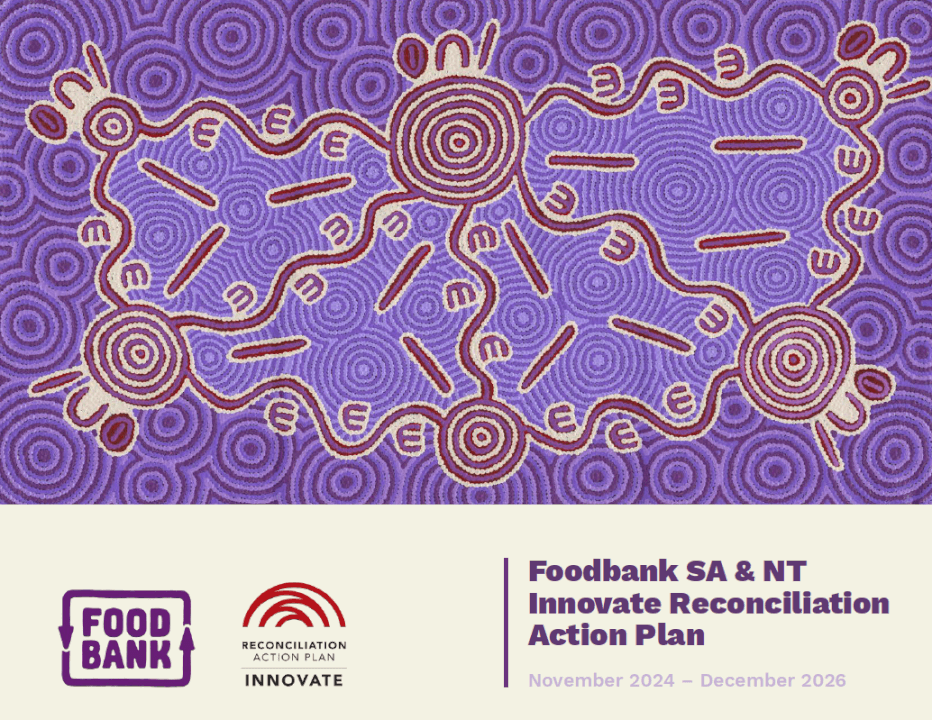
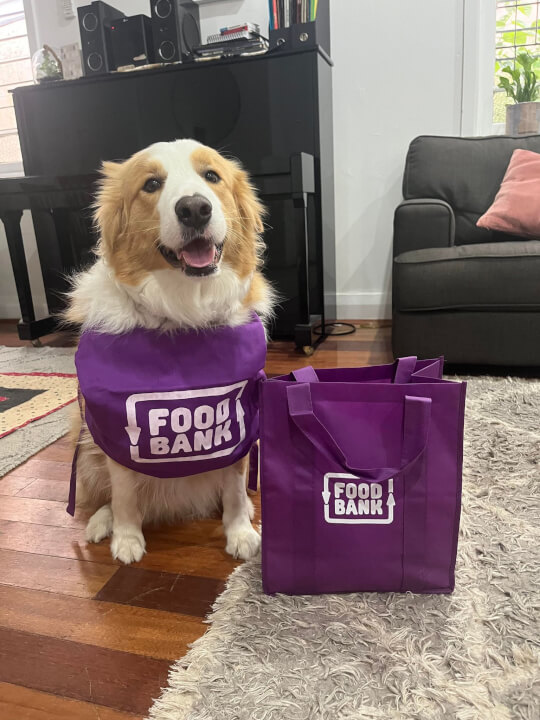 Jenny recently shared: “We had 3 cats and a dog. But we rehomed the dog and the younger cat because they were beginning to become malnourished as we couldn’t afford to feed them all.”
Jenny recently shared: “We had 3 cats and a dog. But we rehomed the dog and the younger cat because they were beginning to become malnourished as we couldn’t afford to feed them all.” 